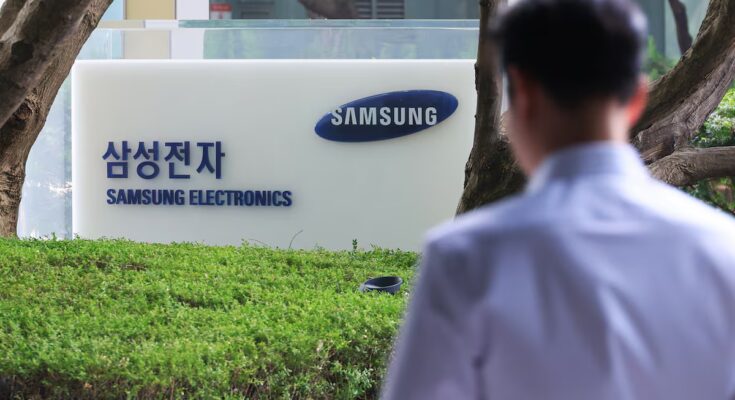Artificial intelligence is revolutionizing everyday electronics, but not exactly for the better. Smartphone maker Xiaomi, valued at 120 billion euros, warned on Tuesday that a shortage of memory chips will reduce profitability. Vendors’ rush to supply high-end semiconductors to Nvidia, OpenAI and other companies that are building data centers to train and deploy artificial intelligence models is to blame. For relatively low-tech companies, such as electronics and car makers, raising prices may be the only way to cope.
Major global suppliers Samsung Electronics and South Korea’s SK Hynix are shifting manufacturing capacity to more profitable high-bandwidth memory (HBM) chips, which are a vital component of AI processors. This has led to a sudden shortage of the more conventional semiconductors for data storage used in traditional data centers, personal computers, phones and automobiles, a market that until recently, in 2023, was plagued by oversupply.
Bad luck has also played a role: The AI race coincides with a replacement cycle, as many companies are starting to upgrade or replace servers from the previous data center boom of five years ago, in addition to the upcoming holiday shopping season.
As a result, contract prices for standard Dynamic Random Access Memory (DRAM) for October-December rose sharply, about 30% from the previous quarter, Bernstein analysts estimate; and in October, industry leader Samsung increased server chip prices by up to 60% over the previous month. The shortage is starting to spread in what Nomura analysts describe as a “triple supercycle” of HBM, DRAM and NAND flash, the three main varieties of memory, that will continue until 2027.
That’s great news for Samsung and SK Hynix, who are set to record record sales and operating profits, but not so much for their customers, who will have to pay an exorbitant price. Arguably the world’s largest buyer of HBM, Nvidia, will be at the head of the queue along with trillion-dollar cloud computing titans like Microsoft and Amazon.
Smaller companies, such as Xiaomi, which also makes electric cars and other devices, may struggle to obtain more standardized, lower-margin chips. And even if they succeed, absorbing the higher costs will be painful: After Tuesday’s warning, Citi analysts cut Xiaomi’s gross profit forecast for 2026 by 10%. Automakers are facing similar pressures, with Chinese chipmaker SMIC noting earlier this month that supply uncertainty has led customers, including auto brands, to hold back first-quarter orders.
“I predict that next year the pressure will be much greater than this year,” Xiaomi President Lu Weibing said when presenting the results. “Overall, consumers are likely to see a significant increase in retail prices of products. Some of the pressure may have to be addressed through price increases, but these alone will not be enough to stomach it,” he added.
South Korean suppliers intend to expand their capacity, but this will take time. Until then, consumers, already struggling with inflation, can prepare for a nasty price hike from AI.
The authors are columnists for Reuters Breakingviews. Opinions are yours. The translation, by Carlos Gomez belowit is the responsibility of CinqueGiorni



